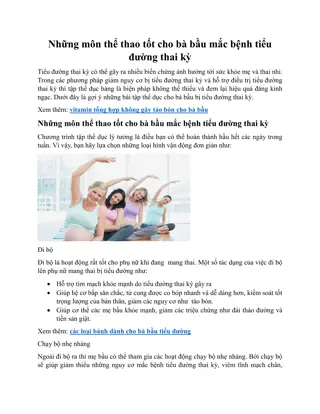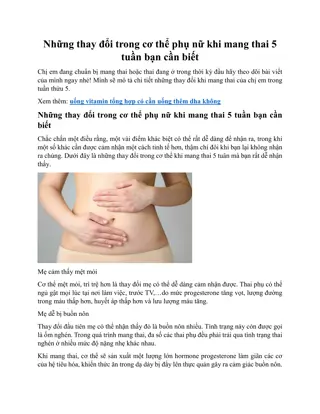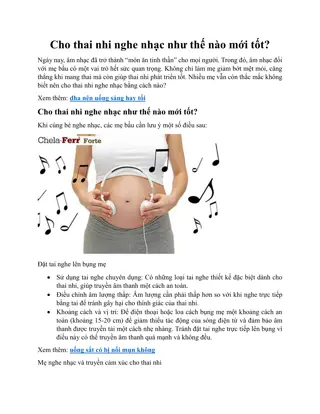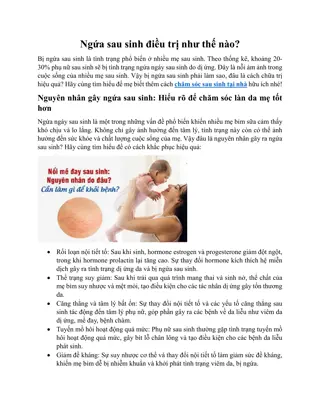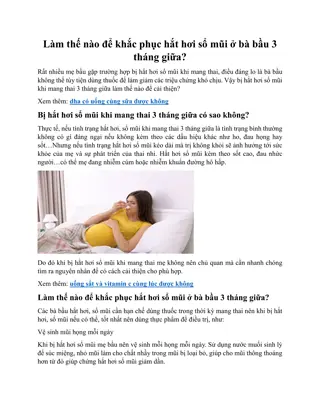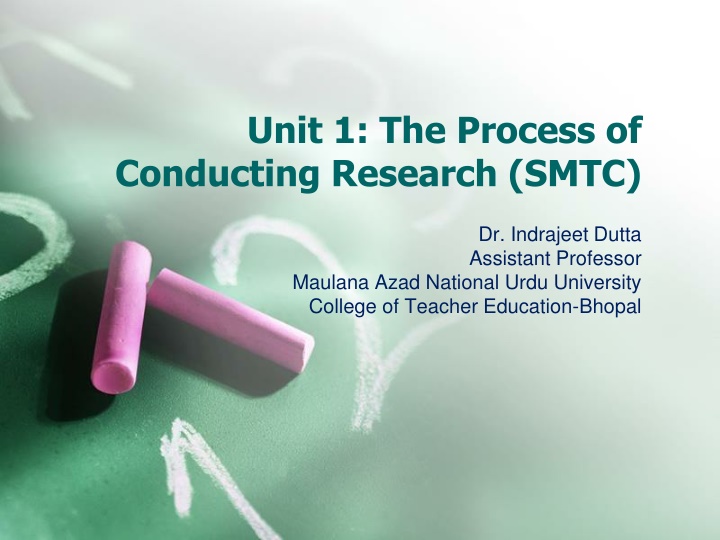
The Process of Conducting Research in Education
Explore the essential aspects of conducting research in education, including defining research, steps in the research process, characteristics of qualitative and quantitative research, and skills required for designing and conducting research. Learn about the meaning of research, definitions from various sources, and general characteristics of research highlighted by experts in the field.
Uploaded on | 1 Views
Download Presentation

Please find below an Image/Link to download the presentation.
The content on the website is provided AS IS for your information and personal use only. It may not be sold, licensed, or shared on other websites without obtaining consent from the author. If you encounter any issues during the download, it is possible that the publisher has removed the file from their server.
You are allowed to download the files provided on this website for personal or commercial use, subject to the condition that they are used lawfully. All files are the property of their respective owners.
The content on the website is provided AS IS for your information and personal use only. It may not be sold, licensed, or shared on other websites without obtaining consent from the author.
E N D
Presentation Transcript
Unit 1: The Process of Conducting Research (SMTC) Dr. Indrajeet Dutta Assistant Professor Maulana Azad National Urdu University College of Teacher Education-Bhopal
Course Outline Definition of Research Steps in the process of Research Characteristics of Qualitative and Quantitative research Skills needed to design and conduct Research.
Learning Outcomes Define the term research Explain the steps of research Describe the characteristics of quantitative research Describe the characteristics of qualitative research Skills needed by the researcher to design and conduct researches
Meaning and Definition of Research Research is combination of two words: Re+ Search Re stands once again and search stands for to find out or to seek According to Oxford Dictionary: Re- stands for frequentative and intensive whereas search stands for inquiry or investigation Thus in general research means a systematic attempt to obtain answers to meaningful questions about phenomena or events through the application of scientific procedures (IGNOU Handbook on Action Research,p.2) According to IGNOU Handbook on Action Research it is more formal systematic and intensive process which is not satisfied with isolated facts, but seeks to integrate and systematize findings for objective verifications of generalizations concerning a phenomena (p.2).
Creswell(2011)Educational research involves asking questions, collecting and analyzing data to find out the answers to the questions thus helping the practitioners to understand the problem along with accumulate knowledge. It also assists educators to improve the educational practices and focuses the attention of policy makers on important policy issues to take well informed decisions on policy matter (p.26) Anderson (1998) Research in education is a disciplined attempt to address questions or solve problems through the collection and analysis of primary data for the purpose of description, explanation, generalization and prediction (p. 6) Best and Kahn (2012) Systematic and objective analysis and recording of controlled observations that may lead to the development of generalizations, principles, or theories resulting in prediction and possibly ultimate control of events (p.25)
General Characteristics of Research Best and Kahn in their books has summarized the following characteristics of the research: (1992,pp18-20) : Any research done is always directed towards the solution of the problem with an intention to find out either the specifics of the problem i.e. cause and effect, or relationships or developing holistic understanding of the phenomenon. Majority of the researches done are either confirmatory of the existing theories (deductive)or developing new theories (inductive). Research have five goals to carry: description, predication, explanation, control and application. Research is based on empiricism i.e. evidences based on observable experiences Research is based on empiricism , therefore data gathering tools must be highly reliable and valid with adoption of well defined and systematic procedures. Research is an activity normally primarily relies on collecting information through primary sources.
Research is not an arbitrary activity done for fun sake but it requires training of skills as well as expertise. It start from thinking of a problem and defining it to seeking solution of it which requires planning, designing and implementing at the ground level. Research an academic activity always strives for being objective, logical and validate the procedures so that it can be replicated by others . Research does not have place for biases, prejudices or emotions. Research is a quest for seeking out knowledge. It either in the form of adding or modifying or replacing the existing knowledge. Research is an activity carried for others therefore it needs to systematically recorded reported and disseminated. Research is a spirited and courageous activity . It often counteracts with stiffs oppositions from various quarters of the society and so one has to be keep patience .
Steps in the process of Research Identification and Defining the Problem (in Operational Terms) Formulation of Research Questions Formulation of Hypothesis Collection of Information/Data Seeking answers to the questions or testing the hypothesis Conclusions and generalizations Writing the Report
Identification and Defining in Operational Terms: The first step of research is to identify the problem. The sources of identification of problem are: Personal experiences or experiences of others; Reading the literature available in books, newspaper, journals, magazines etc. Reading and reviewing the available research- documents, articles, journals, thesis, project reports etc, Policy documents, various projects /programmes /schemes sponsored by national and international government or agencies; Digital resources available in various platforms Defining the problem in operational terms- Problem must be stated not in terms of question form rather than in the statement form and in a manner that it is outcome oriented i.e. SMART: Specific, Measurable, Achievable, Realistic and Testable
Formulation of Research Questions Formulation of research questions is critical step of a research as the issues/questions associated or raised before and during the research must be addressed i.e. finding out the solutions /answers of the questions. Three types of research questions can be framed depending upon the nature of the problem: Research questions addressing What of the phenomenon(problem)- Research questions addresses How of the phenomenon Research questions address why of the problem
Formulation of Hypothesis Hypothesis is an tentative solution stated in affirmative sentence form which are testable Normally all quantitative researches do have hypothesis formulation but in case of qualitative researches hypothesis formulation is not mandatory The source of hypothesis formulation is sometimes researcher personal hunch or many times the past researches done on the similar phenomenon/problem Statistical Hypothesis are two types- Alternative(directional) and Null hypothesis(non- directional)
Collection of Information/Data In research, the tools used for collection of information are not like scientific devices but these are prepared, developed and standardized based on the context of the research, Tool or instruments through which data is collected are of broadly three types- Structured, Semi-Structured and Unstructured Structured tools have pre-set questions with pre-set options/answers and informants have to select from the given options (select type) . It is also called closed type instrument. Semi-structured have some close ended questions (select type) and some are open ended(supply type). Unstructured instruments are those wherein respondents/ informants have to give in depth and detailed answers of the questions given in the tool. Tool/instruments must be highly reliable and valid to collect the information from the respondents.
Seeking Answers/Testing Hypothesis Once the data is collected, next step is culling out answers from the responses or testing the hypothesis based on the data collected. Depending upon the nature and purpose as well as the paradigm of the research, answers of the research questions or testing of hypothesis is done. Normally if the paradigm of research is positivist(quantitative), then testing of hypothesis takes place based on the evidences/collected data through statistical means If the paradigm is (Post-positivist) qualitative, then based on the collected data, themes and text analysis is done The purpose of quantitative research is to extrapolate the result to population as well as prediction for the future occurrence(theories) The purpose of qualitative research is to explain the phenomenon in details so as to develop an holistic understanding about the problem.
Conclusion and Generalization This is the last step of research process wherein the solution of the problem is found and written. Generalization of the result takes is done based on the paradigm of research(positivist and non-positivist) Positivist paradigm prefer to have generalization of the result which means similar kind of results will; be expected if the sample and procedure are repeated Non-positivist paradigm do not prefer to have generalization as they believe research is contextual and each researcher sees the problem with different lenses.
Writing the Reports The last step of research is report writing so that results will be disseminated among the researchers: In quantitative researches, well defined and structured way of writing the report. The evaluative framework is also well structured. In qualitative research, in report writing flexible and emerging structures are used with inherit researchers reflexivity and subjective bias.
Characteristics of Qualitative Research According to Creswell (2011) the following are the main characteristics of qualitative research(p.16): Holistic and contextual understanding about the problem Related literature have a very small role to play unlike in quantitative research The purpose of research has to be stated in a very general and broader manner Research questions are evolved during the research as the researcher develops the understanding about the phenomenon Collecting data from small respondents and that too in the form of visuals, verbal, images, symbols, expression etc. Data collected and analyzed through text analysis which are highly interpretive and always in the larger context of the phenomenon Report writing used flexible and emerging structures with inherit researchers reflexivity and subjective bias. Source: Adopted from Educational Research, J.W. Creswell (2011). P. 16
Characteristics of Quantitative Research According to John Creswell (2011), the following are the main characteristics of quantitative research(p. 13): Research either explains the cause and effect or relationships among variables or provide description of trends; The related literature provides researcher not only research questions but also gives purpose and justification of the study along with necessary direction to navigate the research; Research is highly specific, observable and measurable Data gathering tools are mostly have structured questions with pre-set answers and they are either in number form or easily transformed into numbers. Results are analyzed through statistical means and that s why it be easily compared with similar groups, past studies as well as used for predictive purposes. Well defined and structured way of writing the report. The evaluative framework is also well structured. Source: Education Research , J.W. Creswell (2011) p. 13
Skills Needed to Design and Conduct Research For any researcher, it is necessary that he/she should the following skills to design and conduct research: Initiative: A good researcher is one who not only take initiative of its own but also plunges deep into the ocean of research and explores the problem and seeks its solution. Independent : Researcher should be intellectually independent and thus guides the research through his/her intellectualism rather than taking help or cues from others. Decision maker : A good reseracher is always a sound decision maker becausew often while conducting research reseracher often find himself/herself at the cfross-roads and at that point of time she/he be able to take sound decisions which helkps in conducting research. Logical Thinker: Reseracher should also be logical thinker as research is a systematic and organized endeavour, and always reaches to conclusion or final outcome if it is done following the sequential and validated procedure of research.
Knowledge : Researcher should have sound knowledge of intricacies of various aspects of research Communication skills: The heart of research is how it is being communicated not only to the group of researcher but also how the research result is disseminated or communicated among the common people who do not have the knowledge of research. Thus researcher should have ability to communicate verbally and non- verbally using simple language of communication. Technical skills: Research involves technical skills like data coding, data analysis and interpretation of data which requires proficiency. Apart from it researcher should be well acquainted with various soft wares used for analysis of data like SPSS, MAXDA, Nvivo etc. Time Management Skill: Research is a time bound and expensive activity . It involves money , efforts and energy. The results obtained have far more implication for common people and there benefits . Therefore, delay in research projects lost the relevance and its effect.
Problem solving: Researcher should be a problem solver i.e. researcher have problem solving ability where he not only sense the problem but also prepare a road map or plan or design to solve it with the available resources. Critical thinking: Researcher should have skill of critical thinking i.e. he should be able to look the problem from different perspectives as well as have methodology to solve it through different methods. It is important to mention here that researcher should have reflective thinking i.e. able to think back and froth with the intention to improvise as well as come out the difficult situations with ease . Collaborative: Research is more often a collaborative activity wherein like minded people get together and contribute to solve the identified problem. It requires lot of skills like receipting the ideas of other, having patience, moving together, helping each other, working as per the strengths of their won and supporting others .
References & Suggested Reading : Anderson, G & Arsenault, N.(1998). Fundamental of Educational Research, London: Falmer Press Best, J.W. & Kahn, J.V. (2012). Research in education (10thEd.), New Delhi: PHI Cohen, L, Manion, L. & Morrison, K.(2007). Research method in education (6thEd.), UK: Routledge Creswell, J. W.(2011). Educational Research: Planning, Conducting, and evaluating quantitative and qualitative research (4thEd.), India: PHI IGNOU (n.d). Handbook on Action Research: A document, DPEP-SSA, IGNOU Booklet Kaul, L.(2009). Methodology of educational research (4thEd.), New Delhi: Vikas Publishing House. Sanswal, D. N.(2020). Research methodology and applied statistics, New Delhi: Shipra Publications Ary, D, Jacobs, L.C, Sorenson, C, & Razavieh, A. (2010). Introduction to Research in Education (8thEd.) Wordsworth: Cenage Learning







